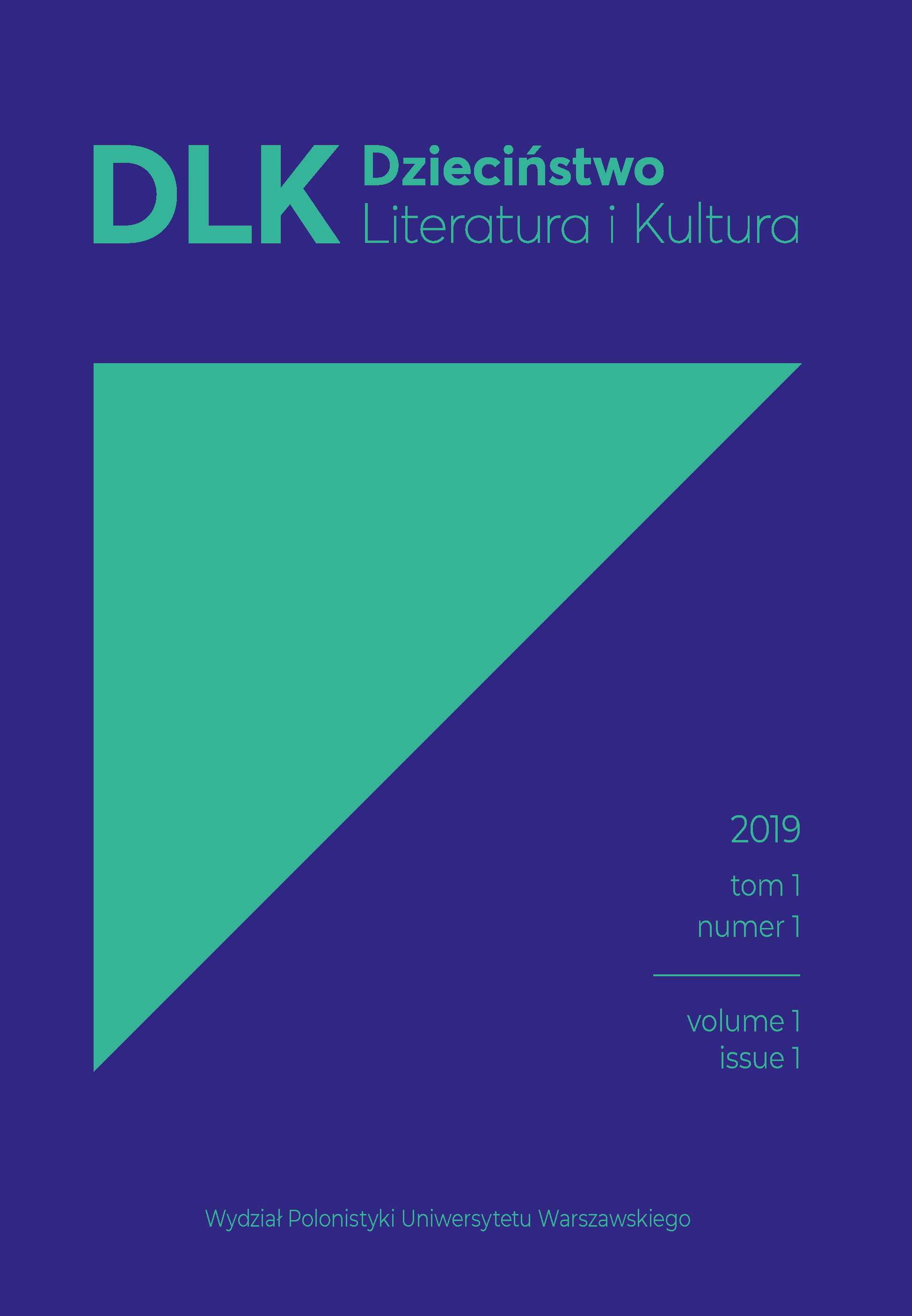Filmowe adaptacje baśni i bajek ludowych. Problemy przekładu intersemiotycznego
Film Adaptations of Fairy and Folk Tales: Problems of Intersemiotic Translation
Author(s): Violetta WróblewskaSubject(s): Anthropology, Social Sciences, Language and Literature Studies, Fine Arts / Performing Arts, Customs / Folklore, Polish Literature, Cultural Anthropology / Ethnology, Film / Cinema / Cinematography, Philology, Translation Studies, Theory of Literature
Published by: Wydział Polonistyki Uniwersytetu Warszawskiego
Keywords: adaptation; folk tale; Baśnie i bajki polskie [Polish Fairy and Folk Tales]; iterary fairy tale; film fairy tale; intersemiotic translation
Summary/Abstract: The main aim of the article is to demonstrate the problematic issues related to film adaptation of fairy and folk tales on the example of two of three seasons of the Baśnie i bajki polskie [Polish Fairy and Folk Tales] series, which were produced between 2002 and 2009 by the TV Studio Filmów Animowanych [TV Studio of Animation Films] for TVP1 (Poland). In the paper, it is indicated that one of such problems is the common predilection to treat different narrative genres (folk tales, literary fairy tales, and film fairy tales) as a particular cultural code. This, firstly, leads to the simplification during the interpretation process and, secondly, has such an impact that filmmakers avoid direct references to the folk tale context which, being complex and difficult to research, demands a broad knowledge of folk culture. In the article, using the examples of the series’ two episodes (Smok Wawelski [The Wawel Dragon] and Czarne licho [The Black Goblin]), the author presents both the artistic and axiological consequences of a superficial approach to folk tales (carnivalisation, infantilisation, trivialisation, and aesthetisation, among others).
Journal: Dzieciństwo. Literatura i Kultura
- Issue Year: 1/2019
- Issue No: 1
- Page Range: 9-29
- Page Count: 21
- Language: Polish

